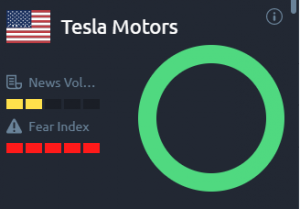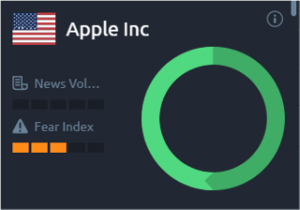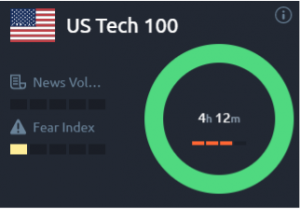The Cupertino, California based tech giant is making strides in the Electronic Vehicle (EV)
game, dipping its toes into an industry whose sales grew 34% in 2020. EVs beat out
headwinds from the global recession and a semiconductor shortage, showcasing remarkable
resilience.
Apple, the largest company on the S&P500, performed better than its counterparts in 2020,
rising 78% in the year and 91% from the March pandemic lows. However, despite earnings
surprises for the December 2020 and March 2021 quarters, its stock has contracted 1.87%
year to date. The pressure has likely been triggered by the thematic flow out of growth
stocks, the enduring semiconductor shortage and longer obsolescence cycles on the iPhone.
Apple’s PE ratio has plummeted from around 41 in year end 2020 to about 29 currently.
With future earnings under threat, a new product might be just what the stock needs to
excite the market again. Meanwhile, the company remains extremely secretive about
unannounced products. So, speculations around the iCar (as its unofficially dubbed) boil
down to deal talks and analyst notes.
So, here’s a look at the project, the competition, and how the market may respond.


